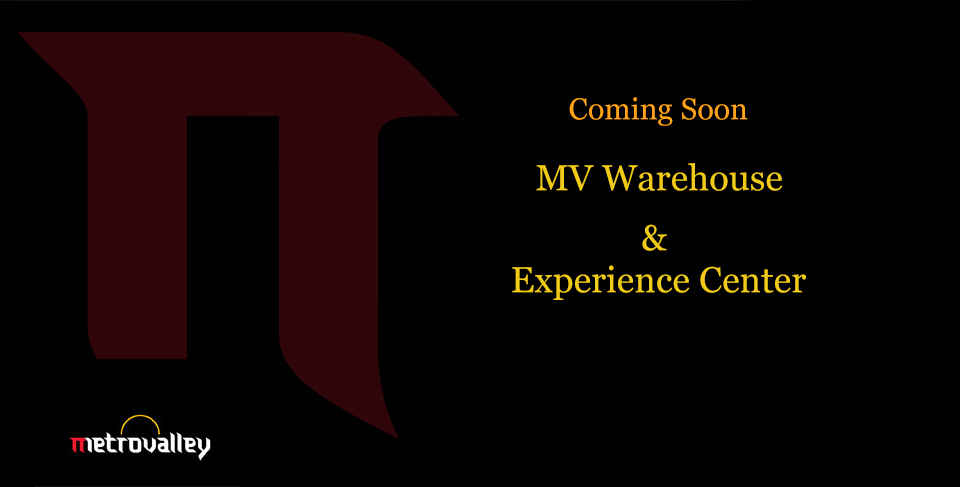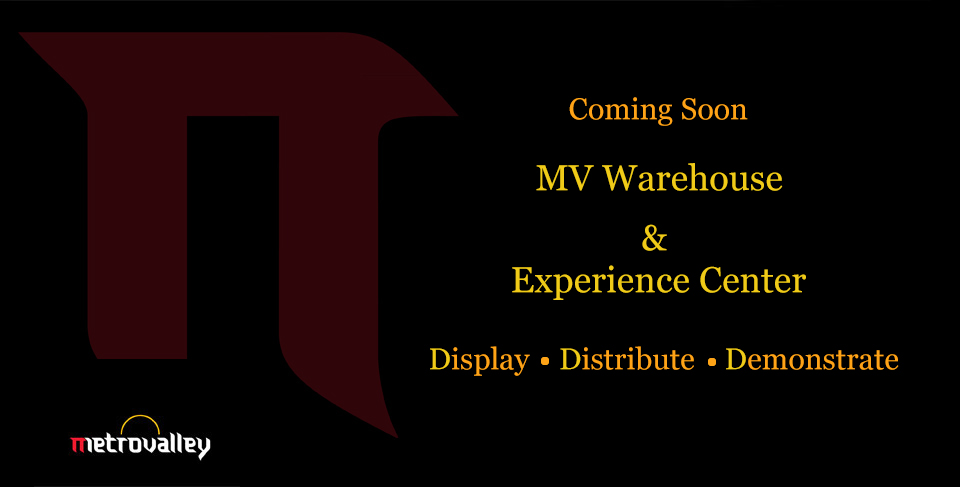CITIES
In the coming decades, a democratic India will witness the rise of over 400 cities as dense urban conglomerates, which will catapult it into becoming one of the leading economies of the world. These new cities must hence be planned responsibly, based on a set of objectives that would equitably foster a vibrant cultural fabric out of the diversity, ensure a flourishing economy by engaging its young workforce and promoting a sensitive ecological balance through prudent use of its resources while ensuring that the benefits of its development percolate to all sections of society.
Case Study
GURGAON
The Responsive City
INDUSTRIAL TOWNSHIPS
In a knowledge driven world, Industrial Townships offer great opportunities not only for enhanced employment but also for redefinition of social, environmental and economically equitable work-play- life solutions through demonstratively inclusive business models. Such planning attempts must be socially and ecologically engineered around the needs of the industry and economy, while strengthening the democratic rights of equity and economic well being of those, whose lives are impacted by such industrial development.
Case Study
IMT MANESAR: Sustainable Industrial Township
BUILT ENVIRONMENT
Buildings today are increasingly getting noticed for their visual appeal though they maybe the biggest guzzlers of energy worldwide. They must be engineered scientifically to provide verifiable solutions for lower energy and natural resources consumption rather than be marketed on the promise of performance and looks. Buildings must evolve from their relation to the surrounding nature and integrate energy conservation strategies. And above all, they must be built to suit the needs of actual occupants rather than developers.
Case Study
METROVALLEY
ITeS SEZ, Gurgaon
OPEN SPACES
Open spaces with a focus on creating equity in access, opportunity, facilities and amenities can be the cornerstones for providing a democratic, safe and vibrant environment. By drawing people outdoors they create greater social interactions, dispel cultural and economic divide amongst the residents while keeping them healthy. Well-planned open spaces facilitate socially vibrant and economically efficient communities while creating a new model that delivers more fulfillment per capita from less consumption per head.
Case Study
DEVELOPING QUALITY
OPEN SPACES
Planning for Gurgaon
WORK SPACES
There is an urgent need to find industry, people and their
culture specific solutions for improving efficiency, comfort and
engagement
of all the end users at workplaces in today's demanding business
world. While businesses focus on being profitable and
competitive, it must treat tenants as partners to evolve
productivity-enhancing and attrition-reducing workplace design
solution, thereby increasing productively while bringing
economies of scale emanating from workplace solutions.
Case Study
METROVALLEY Business Park
New Urban Knowledge Centre
LIVING SPACES
Today homes are bought more for their imagery of globalized lifestyle, investment value or the glitzy technological gadgetry rather than impact on human health, social wellbeing or ecological sustainability. Living spaces ideally should serve the basic human need of shelter and comfort while nourishing the deep-rooted values of the society and sense of security by fostering human relationships to enhance the quality of human life.
Case Study
Work in this area
is under progress
IN THE MEDIA

CREATING A DEMOCRATIC CITY
29.05.2015. The Dolder Grand. Zurich
Metrovalley was invited to participate in a panel session at the
India Symposium
to discuss the economic outlook of India post-election. The
symposium was attended by some of the leading business
professionals and CEOs from Switzerland, Germany and India.
Read More

URBAN DEVELOPMENT ROUNDTABLE
16.06.2015. Taj Palace Hotel. New Delhi
Metrovalley was invited to participate in the Urban Development
Roundtable, organised by the World Economic Forum's Future of
Urban Development & Services Initiative in New Delhi.
Read More

ENTREPRENEURSHIP: CREATING MORE FROM LESS
12.12.2014. New Delhi
Metrovalley was invited to the INDIAFRICA Young Visionaries
bootcamp to interact with a group of young entrepreneurs
selected from India and Africa under the INDIAFRICA Young
Visionaries Programme.
Read More

TOWARDS AN EQUITABLE AND INCLUSIVE CITY
30-31.01.2015. Vigyan Bhawan. New Delhi
Metrovalley was invited by the Ministry of Urban Development,
Government of India to share its solutions for Gurgaon as a case
study at the consultation workshop on smart cities with state
representatives and stakeholders.
Read More

NOT JUST GREEN
Financial Express.
Little-known Metro Valley, part of the Indo-US energy dialogue,
throws up interesting urbanisation concepts.
Read More

WE NEED TO TRANSFORM URBAN SPACES
24.10.2014. Politika. Serbian newspaper.
There is a need for design of unique spaces that will be linked
to nature and inspired by the cultural heritage that resembles
the need of the people.
Read More
PERSPECTIVES

Listen to JAGDISH KHATTAR outline the vision of Metrovalley


Listen to AJAY PRASAD talk about Metrovalley's objectives

Listen to DALE SARTOR, from Lawrence Berkeley National Laboratory, talk about Metrovalley collaboration

Listen to Lira Goswami talk on the social imperative
of Metrovalley
projects.














